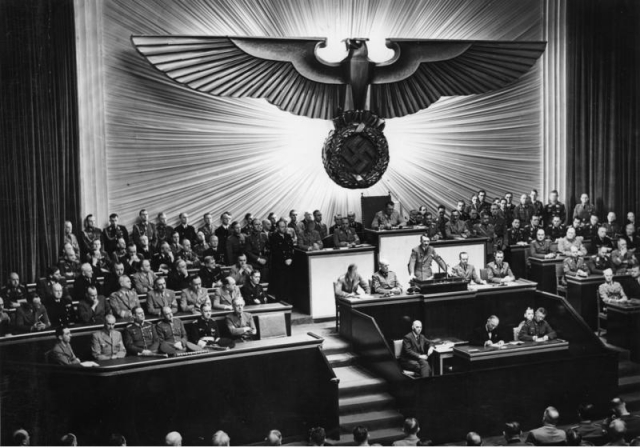Building and assessing historical knowledge on three scales
Teaching History article

The knowledge that ‘flavours' a claim: towards building and assessing historical knowledge on three scales
While marking some Year 11 essays, Kate Hammond found her interest caught by significant differences between one kind of strong analysis and another. Some scored high marks but were less convincing. The achievement in these essays was superficially high, but somehow fragile. But in what way? And why? Putting GCSE mark-schemes to one side, Hammond used her Year 11 students' work to investigate the true nature of their historical accomplishment.
What was really distinguishing the strongest from the rest? Her research led her to the role of historical knowledge and to a quest to classify the types of historical knowledge that seemed to help certain students not only to gain high marks but to do so with a fluency and security that marked them out from the rest. She found herself considering how these layers of knowledge were making effective historical analysis possible. Her research led her to question a teaching approach that is driven by GCSE mark-schemes rather than by a determination to build deeper and more wide-ranging knowledge. It also led her to rethink the markschemes themselves.
This resource is FREE for Secondary HA Members.
Non HA Members can get instant access for £2.49

